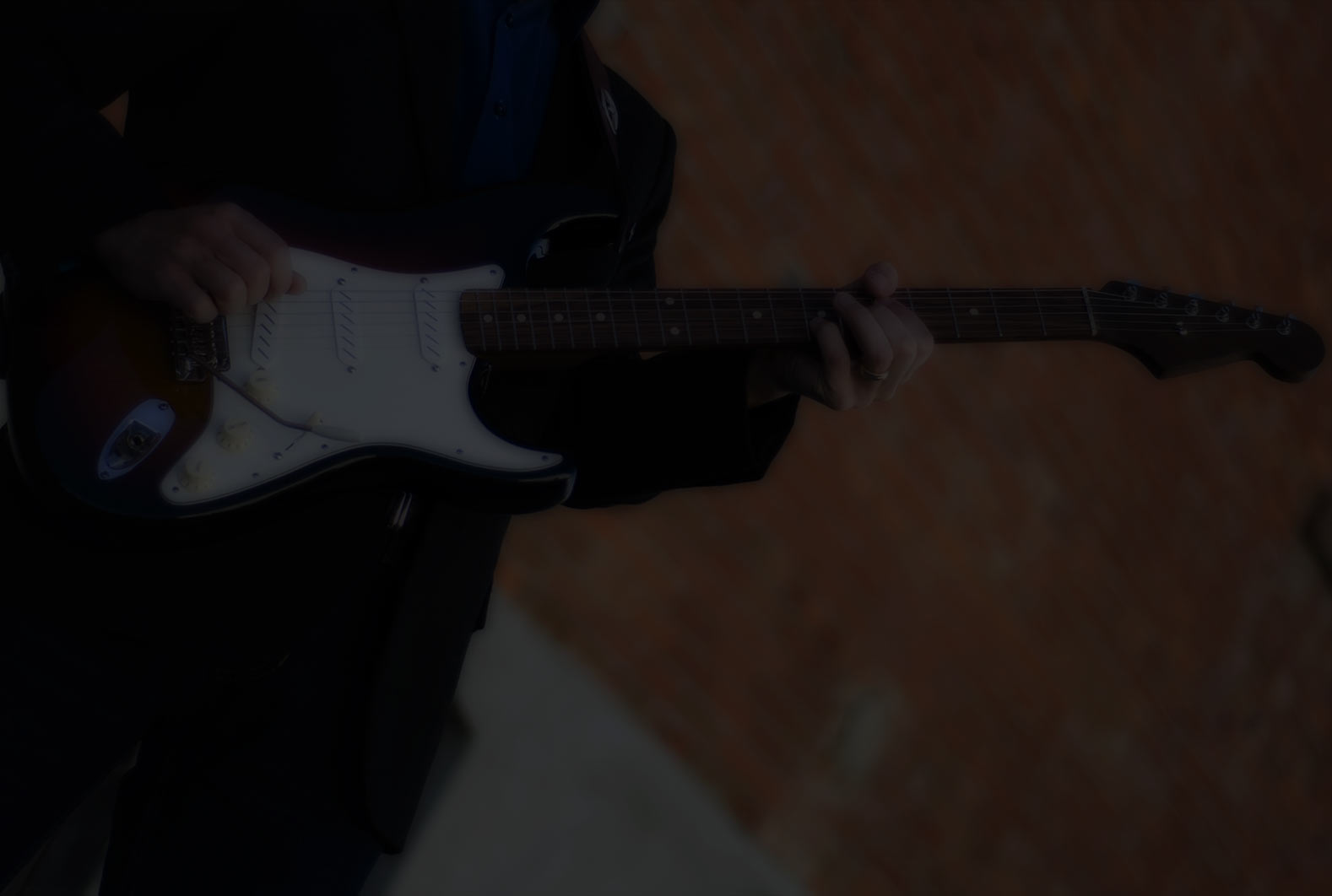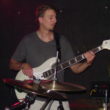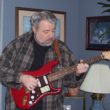Lightbulb moments for me this week include using the major pentatonic as a linking scale between chords and positions. Hearing the major pentatonic as a voice rather than as a pattern or scale. Developing real phrases that can be utilized in different positions and keys. I think the second half of this piece really gets going so I have placed a marker at the 3 minute mark if you want to just jump there.
Craig, I watched the video from the beginning and I think there is absolutely NO reason to skip the first 3 minutes. I would be annoyed if I missed the move 1:48 to 2:05!
Hearing you playing I find it absolutely understandable when you say that the major pentatonic sounds more "as a voice rather than as a pattern or scale". Great!
And a big compliment again how saddled you are moving up and down the neck through all the positions with an ease.
I’m excited,
Birgit
Hey, just thinking about you and, Presto, like a musical genie you appear and exceed my wish for some tasty guitar styling.
I really like the phrasing and vertical mobility, as well as the crunchy rhythm punctuations!
You have got to give that to the People. I mean that could cure covid delta blues.
As always, sounded great... musical, tone wise... all around. I could use a few light bulbs myself!!!
Well done maestro!
Really sweet playing there! I am curious about what you said regarding the major penta as a voice rather than a pattern or a scale. Can you expand on that a bit. I am really curious.
I am also wondering if you guys have general and/or SPECIFIC requests about how to utilize major and minor sounds when improvising. To me it's second nature, and even though I have made several videos on the topic, I am left with the impression that it's either too easy for many players, or too confusing... since I don't get much feedback on these types of videos.
@robert I think it boils down to playing using your ears more than eyes. The maj pent has a very distinctive sound - a unique voice that really stands out. Within that voice are very obvious words, phrases that are immediately recognizable. You can hear them in all of the traditional players. The phrase or word invokes a familiar emotion and after a while they can be easily recognized. The diminished scale has that same uniqueness in my ears.
I think one of the goals of the teacher is to reverse engineer what they know and make it available to students in logical incremental steps.
@bluesiline Thanks Birgit your enthusiasm is appreciated.
Have you seen any of my lessons on major/minor pentatonics that has helped the ears for you? I have done a few. Here's a recent one
I hear all scales as melodies, I think. Scales are just ways for me to create melodies, and I constantly mix up the scales because I'm going for the sounds/notes I create in my head. The thing that matters for me is that I play what I intended - the melody, the notes, the sound. They can come from several scales, but that's not something I think about at all. I'd have to later look at what I played, and analyze it terms of scales, in order to explain it theoretically. However, the only thing that matters is that it sounds good!
The maj pent has a very distinctive sound - a unique voice that really stands out.
Craig, you’ve exactly expressed what I feel too. The major pentatonic has a very special and magic voice to me too.
I remember earlier years - no guitar yet, no music theory yet – that I was enthusiastic about hearing the major pentatonic but I wasn’t able to name what attracted me.
Birgit






